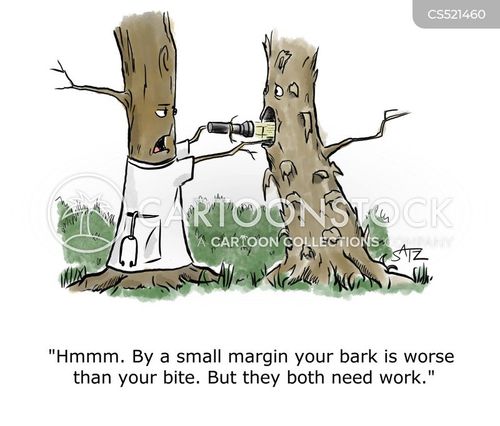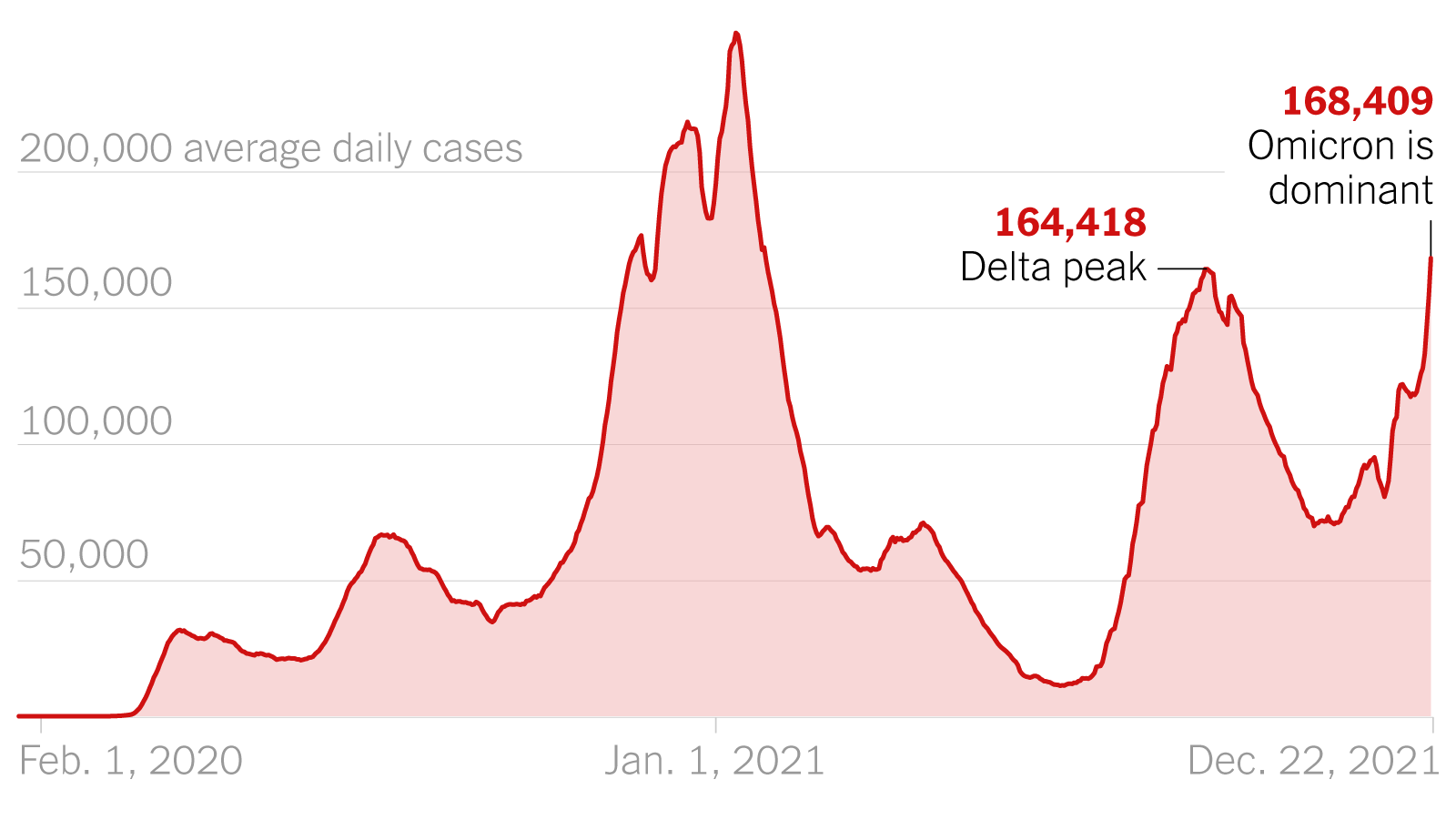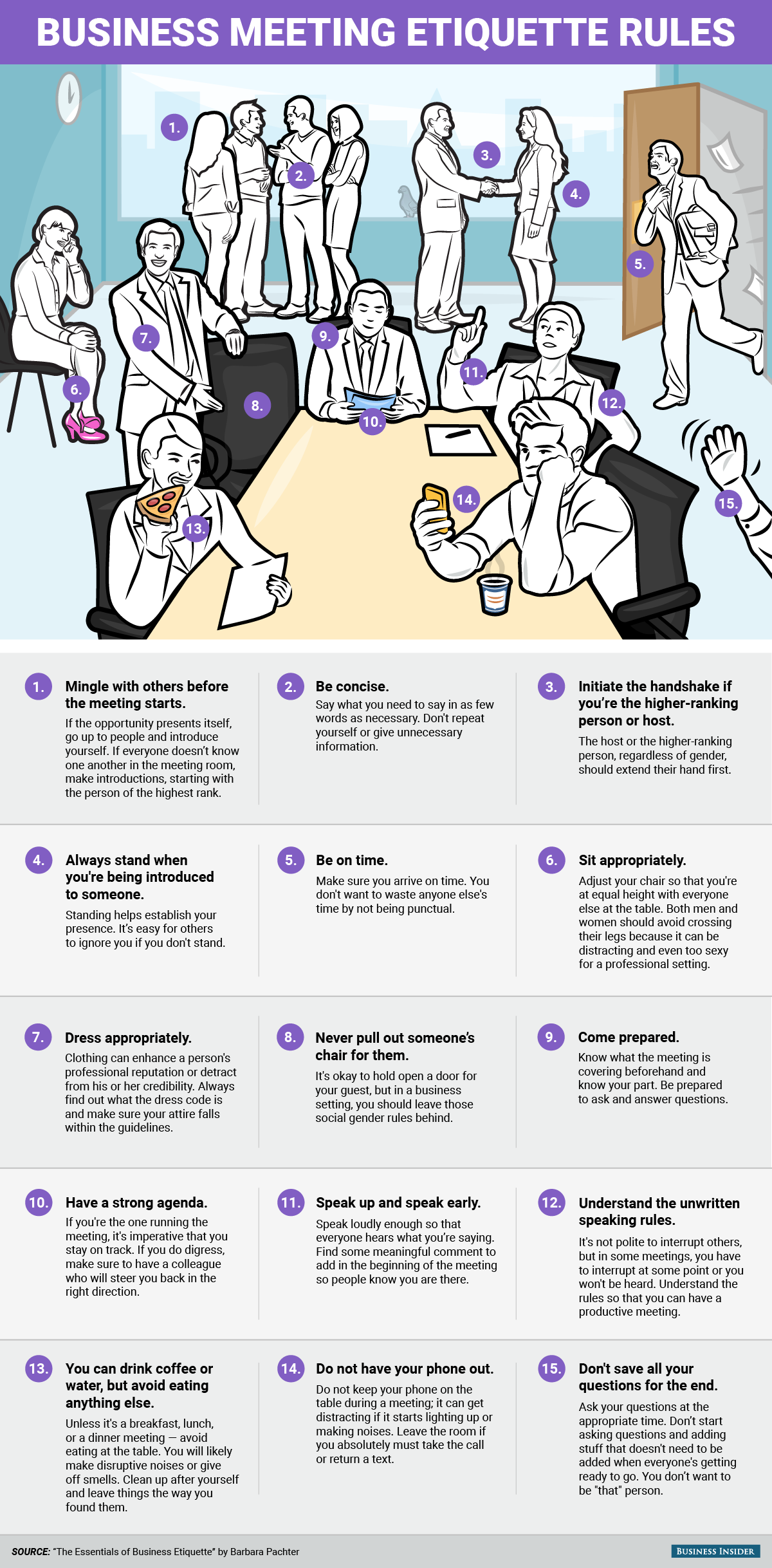Veterinary Watchdog: Bark Worse Than Bite? A Realistic Look

Table of Contents
Understanding the Role of Veterinary Regulatory Bodies
Veterinary regulatory bodies play a crucial role in protecting animal health and public safety. Their primary purpose is to ensure that veterinary professionals maintain a high standard of care and ethical conduct. This involves several key functions, including: licensing veterinarians, investigating complaints of veterinary malpractice and professional misconduct, and setting and enforcing standards of practice.
- Examples of Regulatory Bodies: The specific names and structures vary by region. In the United States, each state has its own veterinary medical board. In Canada, provincial regulatory colleges fulfill this role. Similar organizations exist in other countries, often operating at the national or state/provincial level. These bodies are responsible for veterinary licensing and discipline.
- Responsibilities: These responsibilities encompass investigating complaints of negligence, incompetence, unprofessional conduct, and violations of veterinary ethics. They also maintain standards of care through continuing education requirements and practice guidelines.
- Investigation Powers: Regulatory bodies have the power to investigate complaints, conduct inspections of veterinary facilities, and impose disciplinary actions ranging from reprimands to license suspension or revocation. Their powers to investigate veterinary complaints and ensure compliance with professional standards are vital.
The Process of Filing a Veterinary Complaint
Filing a formal complaint against a veterinarian can seem daunting, but understanding the process can empower pet owners. Here’s a general outline:
- Gathering Evidence: Thorough documentation is critical. This includes detailed veterinary medical records (request copies!), witness statements (if applicable), photos of injuries or relevant conditions, and any communication (emails, text messages) with the veterinary practice related to the complaint. Strong evidence is key to a successful veterinary complaint.
- Submitting the Complaint: Most regulatory bodies provide online complaint forms, but submitting via mail may also be an option. Carefully review instructions and ensure all required information is included. Be accurate, factual, and detailed in your description of events.
- Investigation Process: Expect the investigation to take time. Communication might be limited initially, but the regulatory body will typically contact you for further information or clarification if needed. The timeline for resolving veterinary complaints can vary significantly.
Limitations of Veterinary Watchdogs and Common Criticisms
While veterinary watchdogs serve an essential function, they face significant challenges:
- Resource Constraints: Many regulatory bodies operate with limited staff and budgets, which can lead to delays in investigations and less thorough reviews. This impacts the speed of processing veterinary complaints.
- Proving Negligence: Establishing negligence or malpractice in veterinary medicine can be complex, requiring expert testimony and detailed evidence. This can be a major hurdle in resolving veterinary malpractice cases.
- Leniency in Disciplinary Actions: Criticisms sometimes arise regarding the perceived leniency of disciplinary actions taken against veterinarians, even in cases of clear misconduct. This perception impacts public trust in the effectiveness of veterinary complaints processes.
- Transparency Issues: A lack of transparency in investigation outcomes and disciplinary actions can further erode public confidence. Improved transparency in dealing with veterinary complaints would benefit public trust.
Alternative Dispute Resolution and Other Avenues for Redress
If you're dissatisfied with the outcome of a complaint or prefer alternative methods, several options exist:
- Mediation: Attempting mediation with the veterinary practice can resolve disputes amicably and avoid lengthy formal processes. Mediation can be a cost-effective alternative to filing a veterinary complaint.
- Small Claims Court: For financial compensation related to veterinary services, small claims court may be a viable option depending on the amount involved and your jurisdiction. This is an option for resolving financial disputes related to veterinary services.
- Legal Counsel: In cases involving serious malpractice or negligence leading to significant harm or death of an animal, seeking legal counsel is recommended. Legal representation is crucial in serious cases of veterinary malpractice.
- Animal Welfare Organizations: Reporting serious animal welfare concerns to relevant organizations can supplement formal complaints. Reporting to animal welfare organizations can offer another avenue for addressing animal welfare issues.
The Importance of Clear Communication and Documentation
Proactive steps can minimize the need for formal complaints.
- Detailed Records: Request copies of all medical records, treatment plans, and test results. Detailed records are crucial for understanding your pet's treatment.
- Clarification: Don't hesitate to ask questions if diagnoses, treatments, or prognoses are unclear. Clear communication with veterinary professionals can help prevent misunderstandings.
- Communication Log: Maintain a detailed log of all communication (emails, phone calls, etc.) with the veterinary practice. This log serves as valuable evidence should a dispute arise.
Conclusion
Veterinary watchdogs are vital for maintaining standards of care and addressing veterinary malpractice, but the system isn't perfect. Resource constraints, evidentiary challenges, and concerns about transparency are significant limitations. While they may not always provide the immediate resolution desired, they offer a critical mechanism for addressing serious concerns about veterinary care and animal welfare. Understanding the process and exploring alternative dispute resolution options empowers pet owners to advocate for their animals.
Call to Action: While veterinary watchdogs may have limitations, understanding the process and your options is crucial. If you have concerns regarding your pet's care, research your local veterinary regulatory body and learn how to effectively file a complaint. Don't let substandard veterinary care go unchecked; become an informed advocate for your pet by learning more about your options for addressing veterinary malpractice and complaints. Use your voice, and let the "bark" of the veterinary watchdog system work for you.

Featured Posts
-
 Authenticating A Potential Banksy The Westcliff Bournemouth Case
May 31, 2025
Authenticating A Potential Banksy The Westcliff Bournemouth Case
May 31, 2025 -
 New Covid 19 Variant Spikes Cases In Several Regions Warns Who
May 31, 2025
New Covid 19 Variant Spikes Cases In Several Regions Warns Who
May 31, 2025 -
 The Six Golden Rules Of Office Lunch Etiquette
May 31, 2025
The Six Golden Rules Of Office Lunch Etiquette
May 31, 2025 -
 Understanding The Rising Covid 19 Variant Lp 8 1
May 31, 2025
Understanding The Rising Covid 19 Variant Lp 8 1
May 31, 2025 -
 What Is The Good Life Defining And Pursuing Your Ideal Lifestyle
May 31, 2025
What Is The Good Life Defining And Pursuing Your Ideal Lifestyle
May 31, 2025
